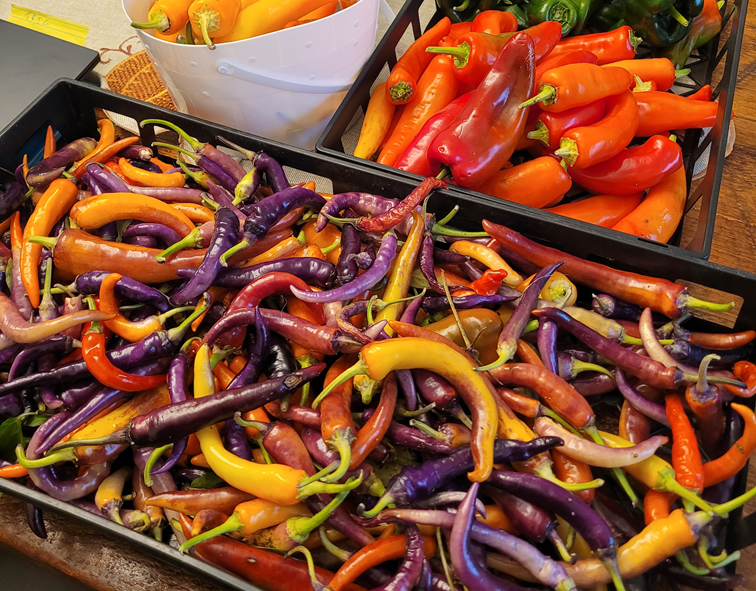Some farmers own thousands of acres and fleets of tractors. Others tend small plots with few labor-saving resources. Small-scale farming isn’t easy, but does that make it unappealing? The answer, like many things in farming, isn’t simple. Running a small-scale farm has its challenges and strengths, but the way you see it probably depends on your value system.
The Challenges of Being Small
The biggest downside to small-scale farming is cost. After all, large farms enjoy economies of scale. When it’s time to buy seed, fertilizer, or equipment, they do so in bulk and at lower prices per unit. Tractors and other mechanized equipment can cover fields quickly, at least compared to a lone farmer on foot with a shovel in hand. Plus, it’s challenging to spread fixed costs over fewer acres.
There’s also the matter of market access. Often, large farms sell directly to processors or distributors. Small farmers may not be able to meet the volume requirements that these contracts require. So, they rely on farmers’ markets or community-supported agriculture (CSA) instead. Both can be rewarding, but they require investments in marketing and time spent on customer engagement.
In addition, risk can weigh heavily on a small farmer’s mind. With fewer acres or animals, one bad season can lead to financial insolvency. By contrast, larger farms often have more financial resources to absorb short-term losses. If you’re not a small-scale farmer yourself, the challenges of cost, market access, and risk might seem very unappealing.
The Strengths of Small Scale
Yet small scale farming also has strengths. Take flexibility. A large farm could be locked into certain crops or production methods because of contracts and equipment. A small farmer can pivot more easily, shifting from corn to specialty vegetables, or from chemically-heavy to regenerative practices. Adaptability is critical since consumer preferences are like the weather and subject to change.
Another strength is connection. Small farmers often know the people who eat their food. Farmers have conversations, receive feedback, and build relationships. That type of personal touch doesn’t just build loyalty. It also provides insights into what consumers want. A large farm that sells through distributors rarely has that same closeness with consumers.
Quality is another area where smallness shines. With fewer acres to manage, a small farmer can give more attention to each plant, field, or animal. Experimenting with heirloom varieties, regenerative practices, or products that larger farms don’t offer has its own rewards. For consumers, “small” signals sustainability and authenticity. That can be a powerful differentiator in today’s food system.
Finally, there’s independence. Running a small farm means making decisions without investors and boards of directors. It’s easier to choose practices that align with your values, whether it’s soil health, animal welfare, or community engagement. Autonomy is risky, but it’s also appealing, though not in a financial sense.
What Do You Value?
Is small scale farming unappealing? From a purely financial perspective, many would say yes. Larger farms can earn higher profits, reach broader markets, and spread out their risks. In terms of resilience, independence, and community, however, small-scale farming has its own distinctive appeal. It’s not the easiest path, but who said that anything worthwhile comes easy?

